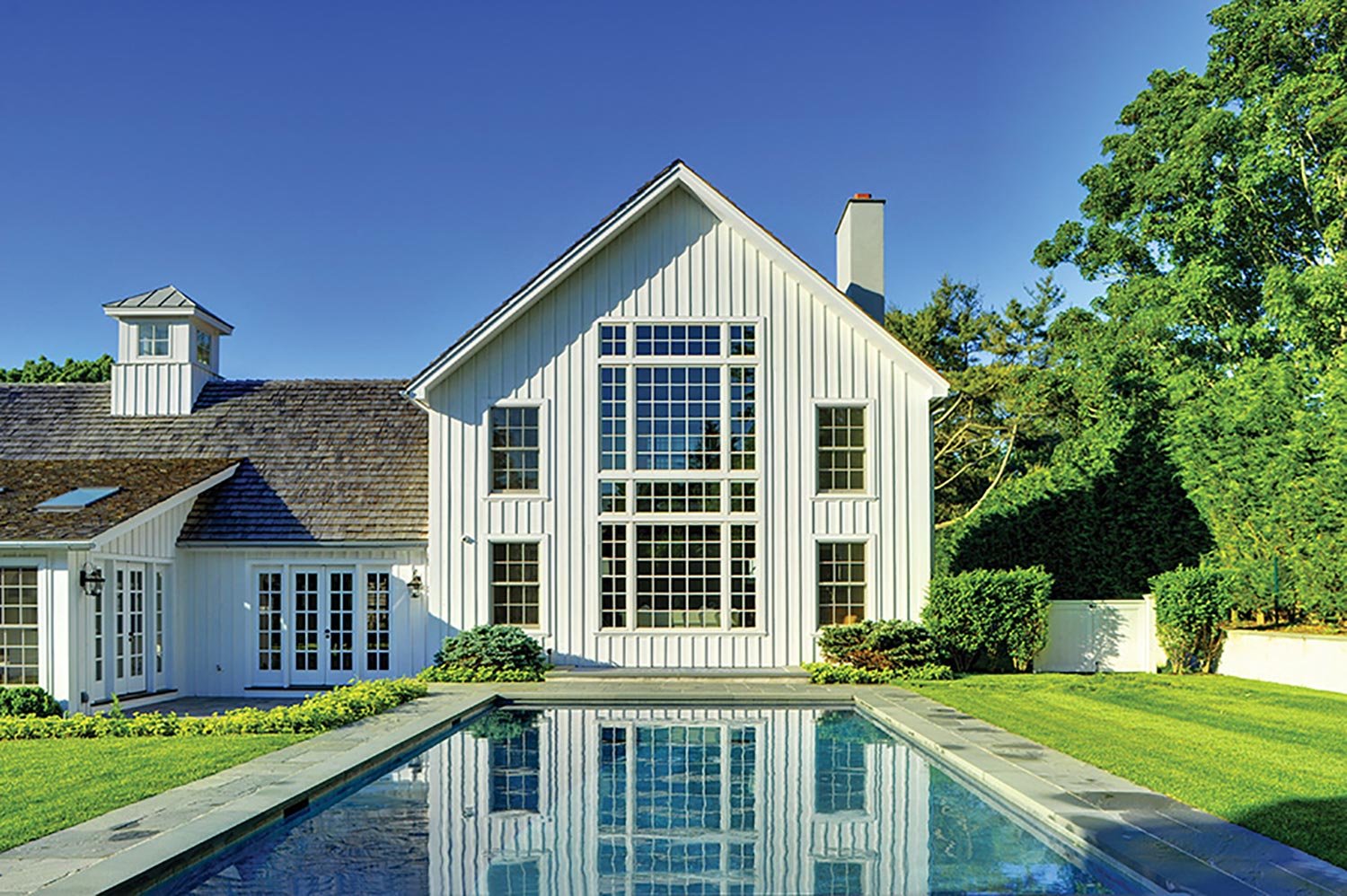When Leslie Pferchy and her husband wanted to build a lakeside vacation home in New Hampshire, they went looking for the right builder. Some didn’t get back to them; others had design philosophies that just didn’t match up with what they envisioned.
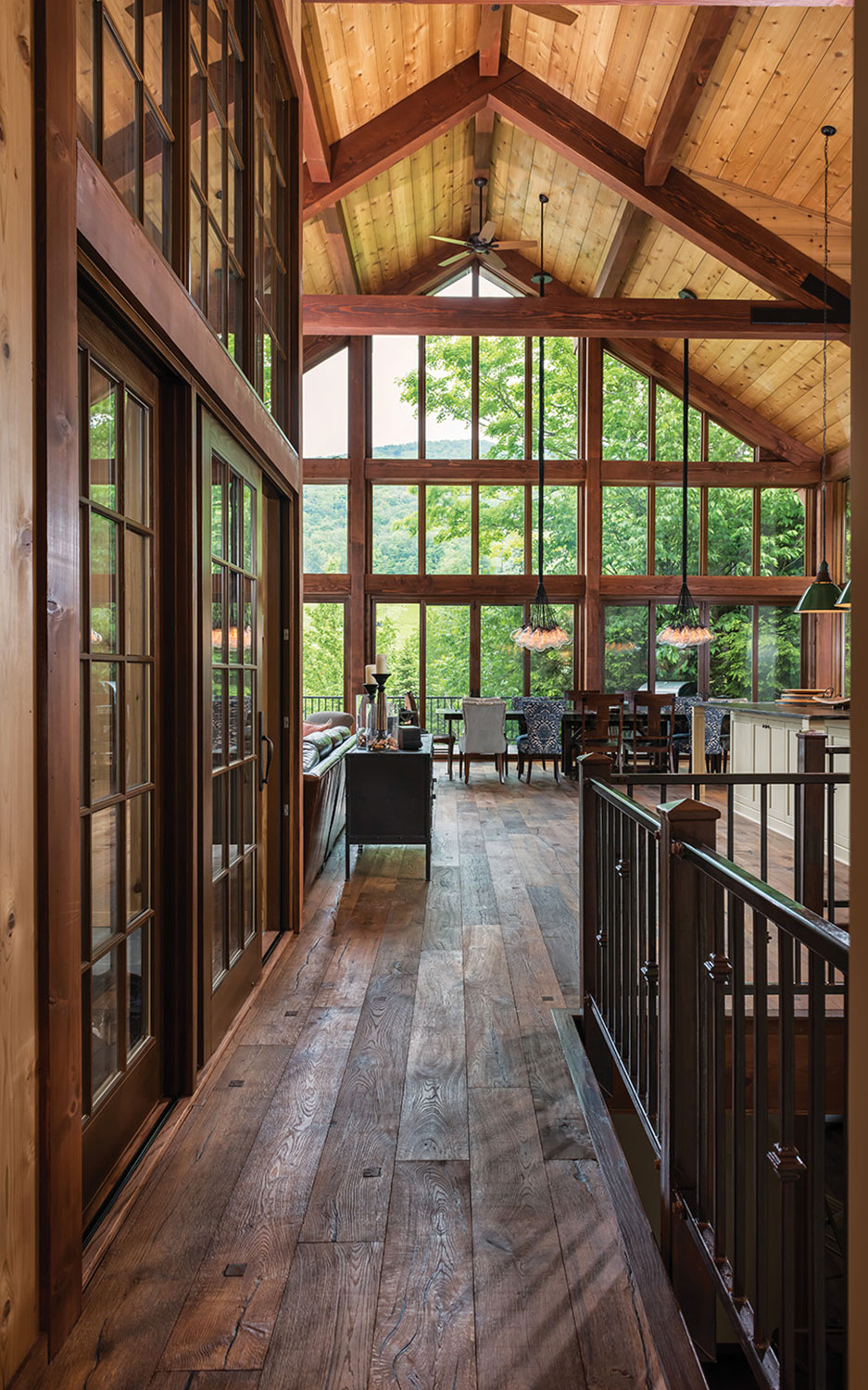
Then they called Yankee Barn Homes. They’d worked with a designer from the company eight years earlier when they first considered building a second home. When they reached back out, they knew immediately they had made the right decision.
Not only did Yankee Barn still have the couple’s old plans on file, the company was eager to modify them for a different lot. The designer they worked with regularly sent them hand-drawn layouts she quickly sketched after waking up in the middle of the night with a fresh idea.
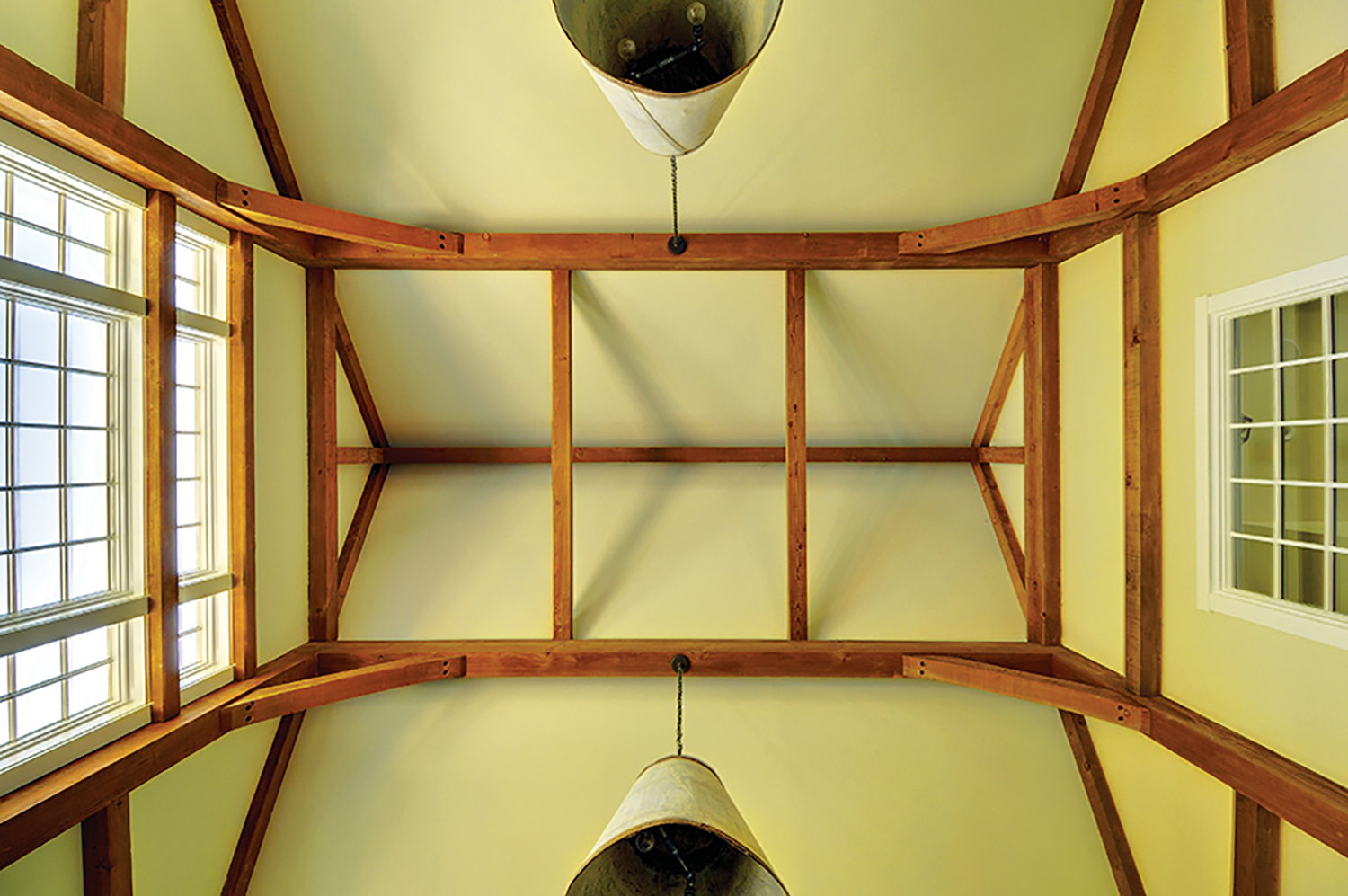
“They were right there with us and excited about our dreams,” Pferchy says. “It was an amazing journey with them.”
It is this sort of connection with customers, attention to detail, and passion for their work that has propelled Yankee Barn Homes through 50 years of successful business, says co-owner Jeffrey Rosen.
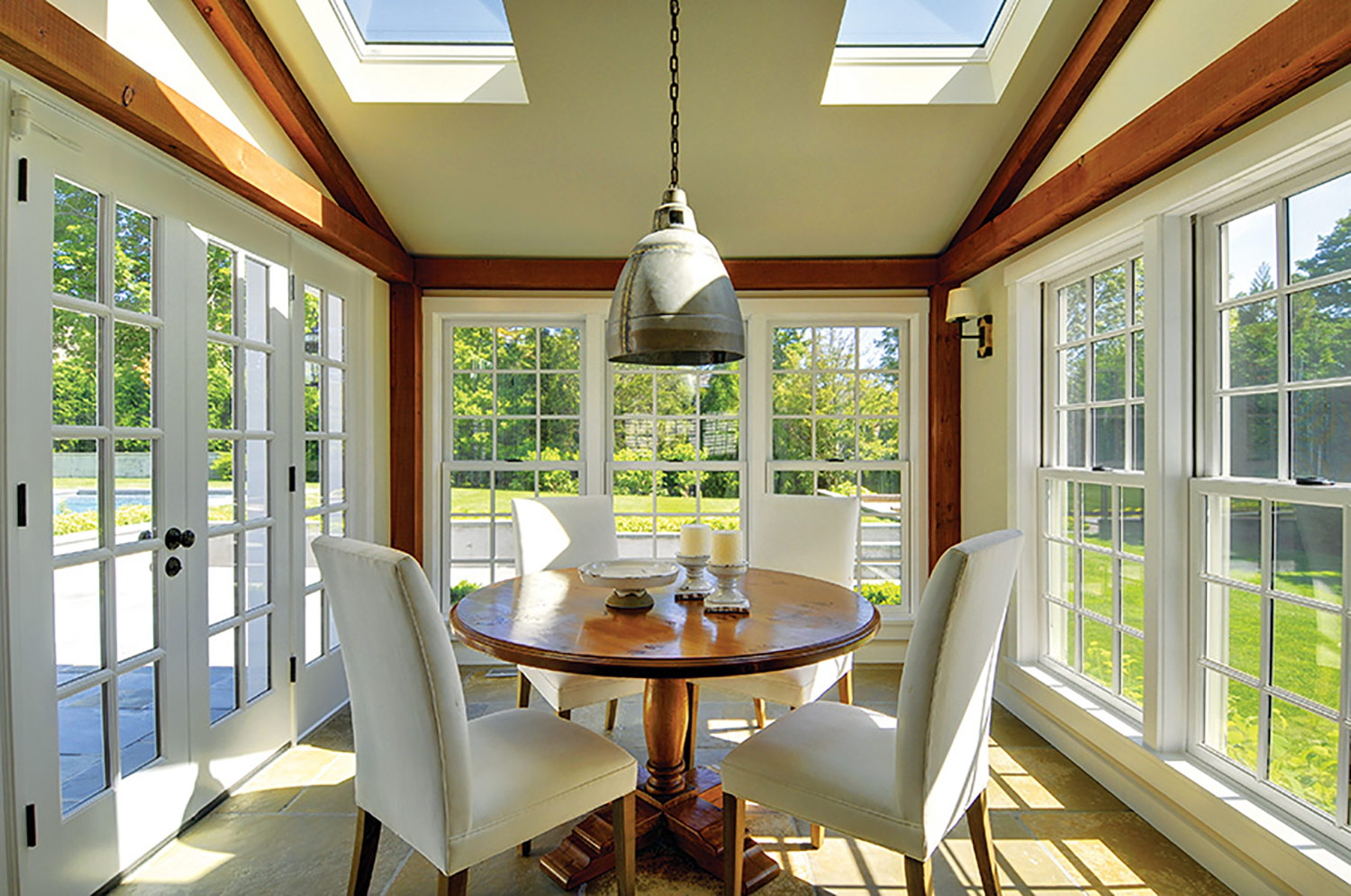
The company began in 1969, when founder Emil Hanslin envisioned a new way of doing post-and-beam construction: Instead of building the whole home on site, he would create large component pieces that could be transported and quickly assembled on a foundation. His architectural style was inspired by the soaring ceilings and exposed beams of country barns.
The idea—and Hanslin’s business—took off.
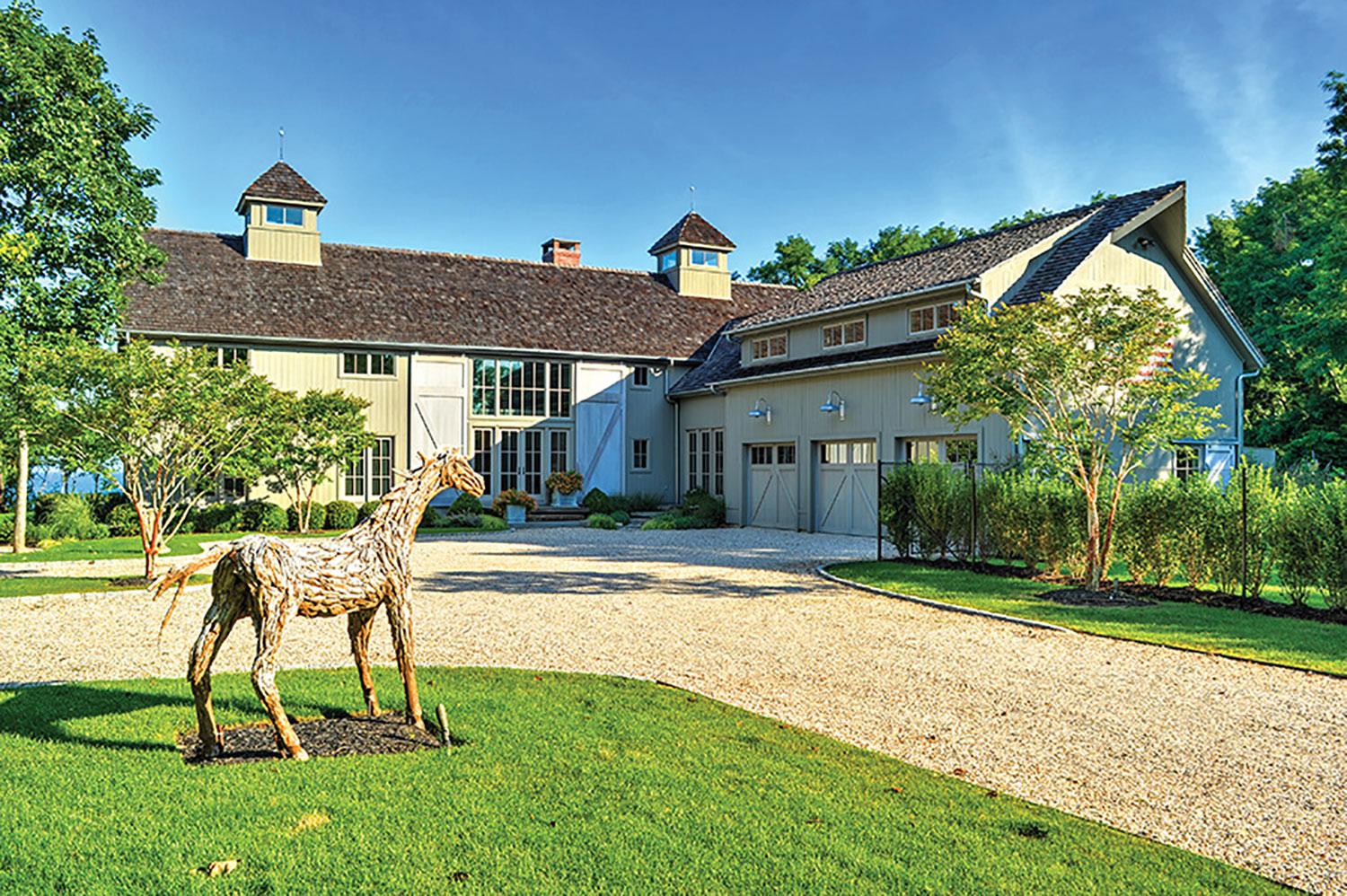
Yankee Barn Homes prefabricates a timber frame, using kiln-dried Douglas fir. The company also builds insulated wall and roof panels with windows pre-installed. Once these components arrive on the building lot, it takes just five to 10 days for the home to be erected. The buyer is then responsible for the electrical and plumbing work, heating systems, interior walls, and finish work.
For 42 years, Yankee Barn thrived as a family company, but eventually the owners realized it was time to let someone new take over.
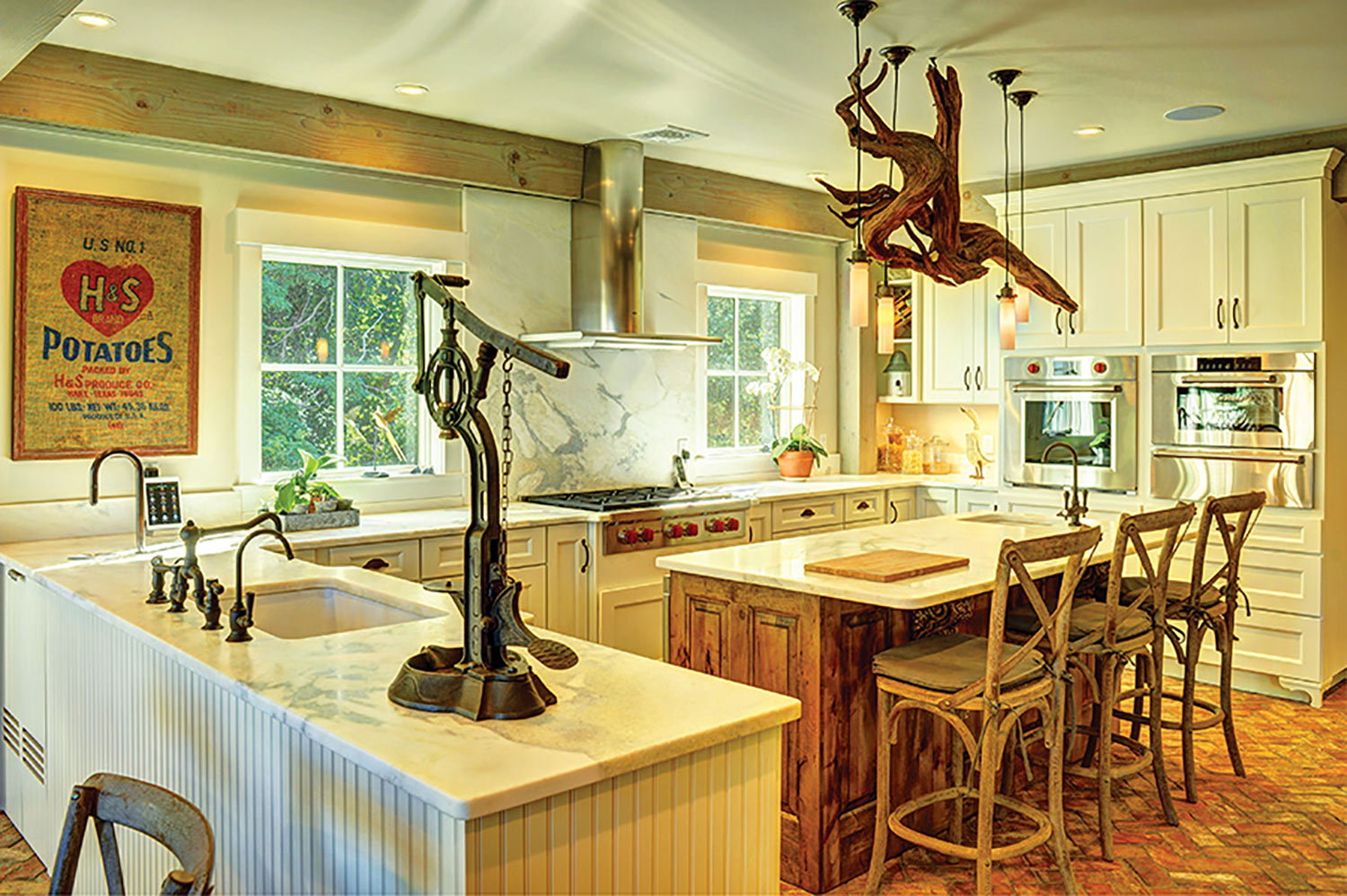
Rosen had worked with the company a few years prior, when he was in the residential real estate business. A home he designed for a lot in the Hamptons was going to be hard to do on-budget using traditional construction, so he sought out Yankee Barn. The result, he says, was a beautiful home that became the subject of a bidding war among eager buyers.
When Yankee Barn was getting ready to sell, some employees reached out to Rosen to let him know about the opportunity. In 2011, Rosen and partner Paul Marinelli acquired the company, seeing it as a venerable brand that could use a little modernization.
“We wanted to expand this iconic brand into its next generation,” Rosen says.
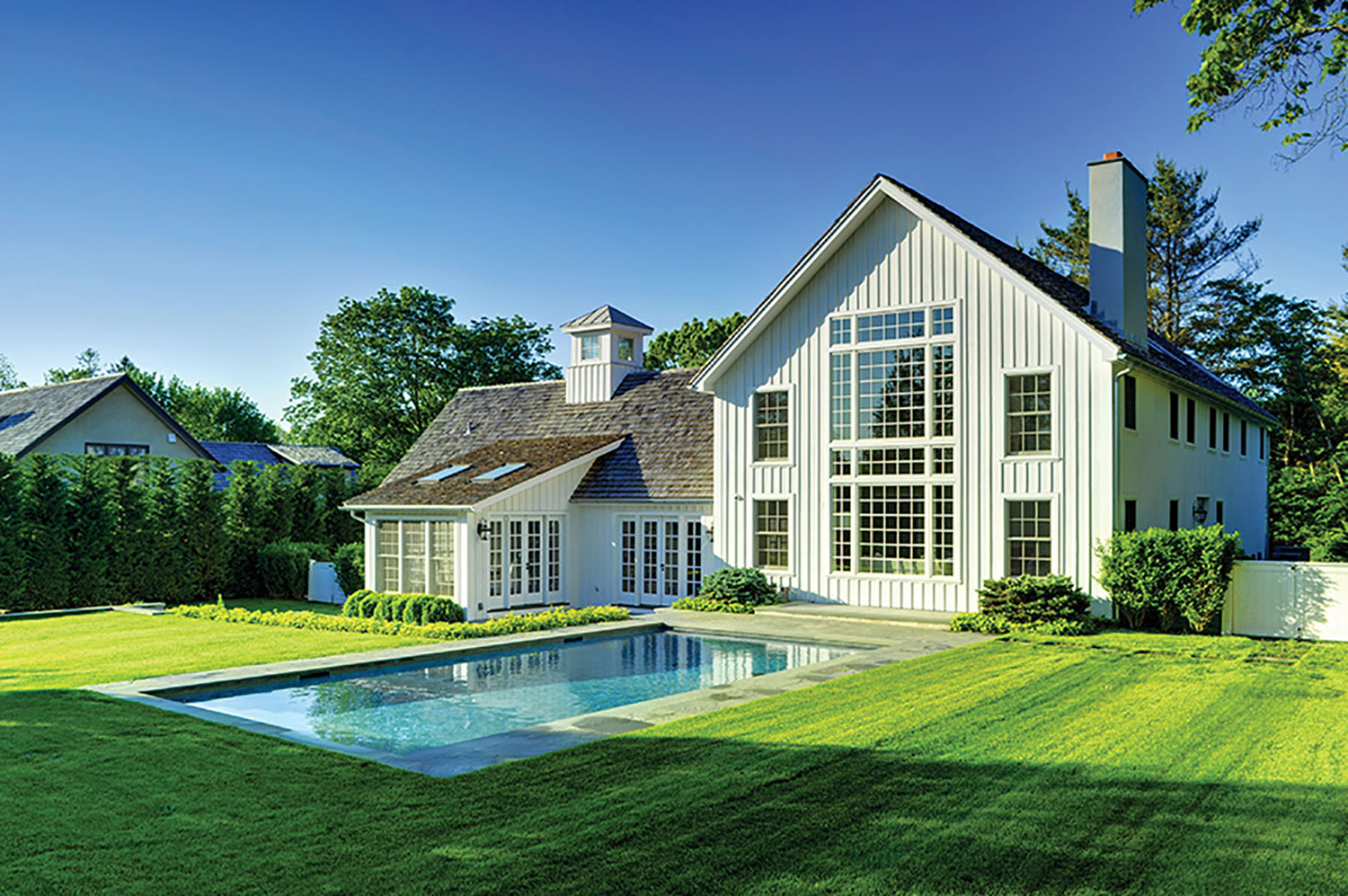
Rosen and Marinelli decided to keep the company small, building just 20 to 25 homes per year. The major change they made, Rosen says, is to push the architectural envelope a bit. For most of its existence, the company had stuck to its roots, designing and building mainly barn-style homes. The new owners immediately went about broadening their portfolio to include more styles.
“We have taken the style from the 1970s, and brought it to 2020,” Rosen says.
Every home Yankee Barn sells is custom-designed through a collaboration between buyers and the company’s in-house designers. There are no pre-set packages, no limited menu of layouts to choose from, Rosen says.
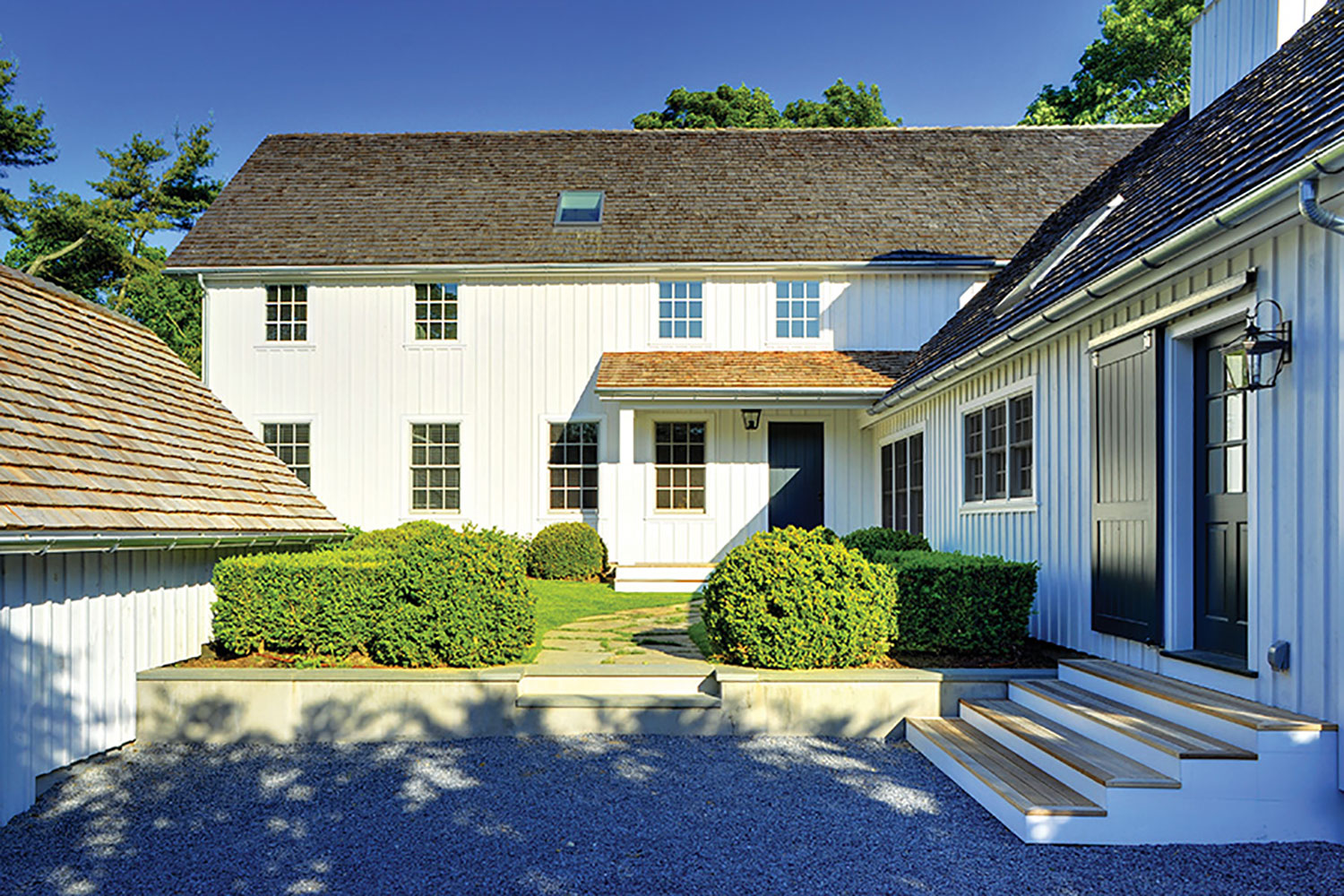
The market for what Yankee Barn does is surging, Rosen says, for a variety of reasons.
The construction field is suffering from shortages of qualified labor, he notes, making the speed with which a Yankee Barn home can be erected very appealing. The pre-insulated panels and tight building envelope the prefabricated pieces provide are a big selling point for increasingly eco-conscious consumers.
And the post-and-beam style offers something natural and traditional to people who may be a little worn out by the glowing screens and constant connectivity of the modern world, Rosen says.
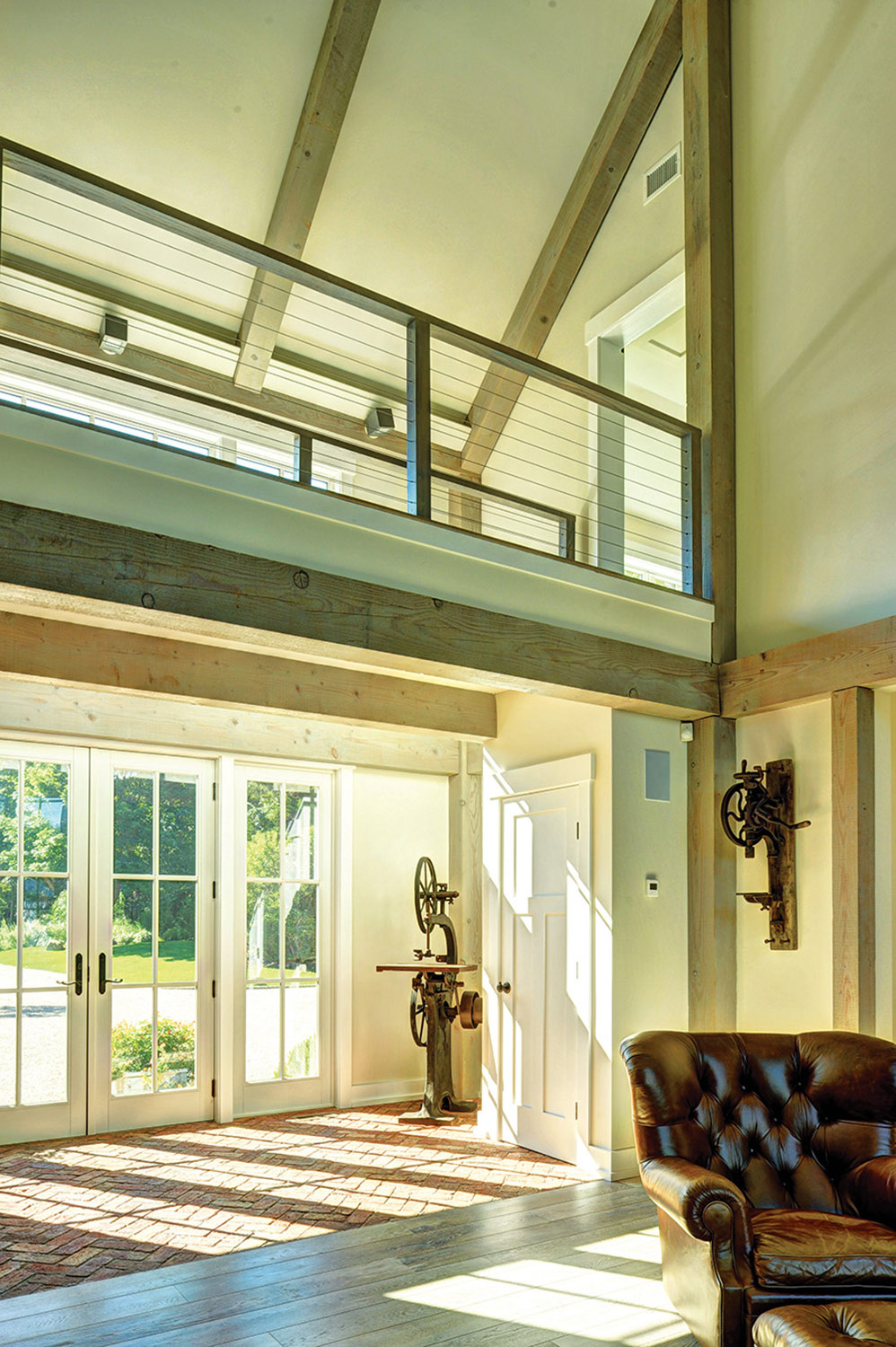
“There’s this kind of desire of people to nest in homes in a more traditional manner,” Rosen says. “Barn-style housing represents handmade, American-style housing that’s in contrast to the pace of people’s lives these days.”
To commemorate Yankee Barn’s 50th anniversary, the company threw a party last year inviting its customers past and present to come, talk about their homes, and share photos. The appreciation and dedication of the homeowners in the room made clear to Rosen what his company has meant throughout the years, he says.
“The energy of these people and the passion for their homes is just phenomenal.”

